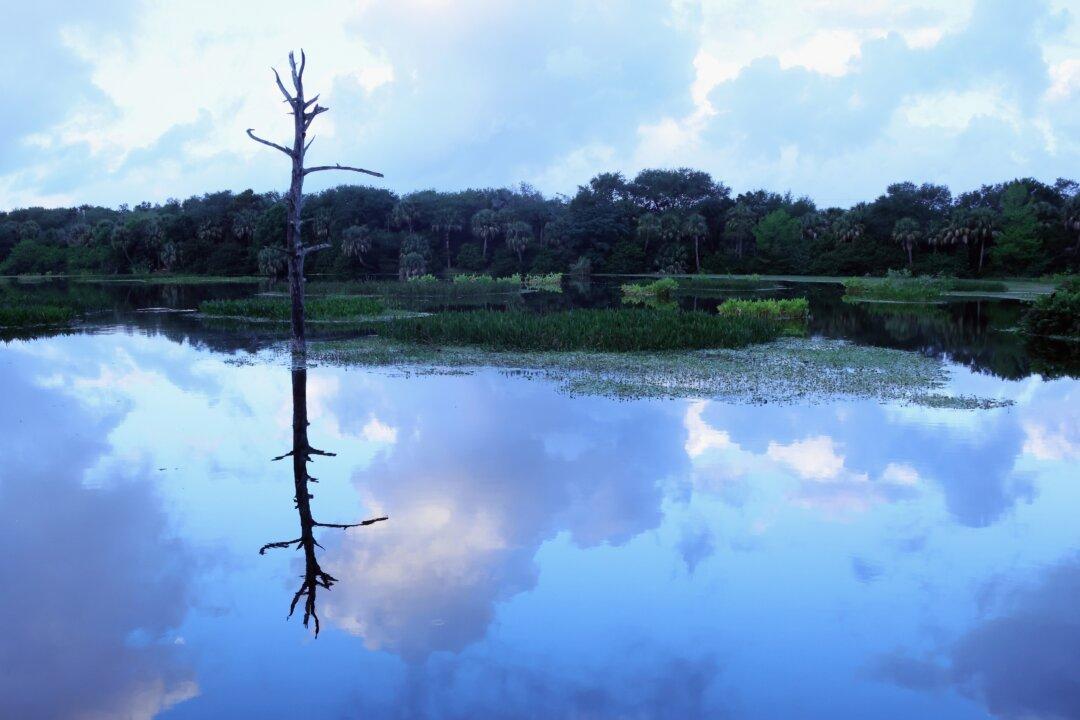A A federal judge on Monday struck down a Trump-era rule aimed at promoting economic growth by enabling the alteration of smaller bodies of water and waterways.
U.S. District Judge Rosemary Márquez agreed with Indian tribes that leaving the rule in place “would risk serious environmental harm.”





